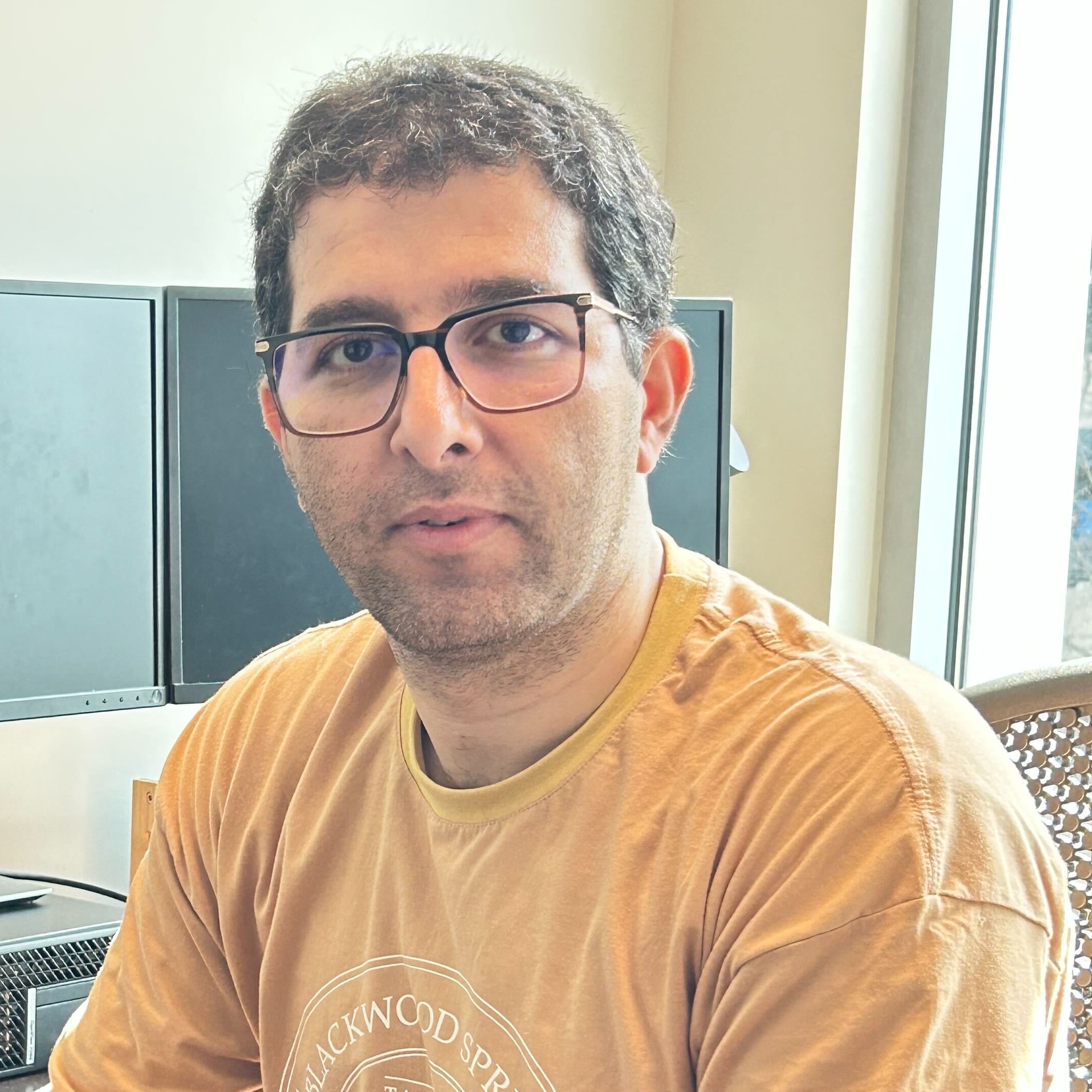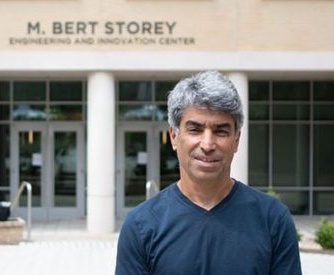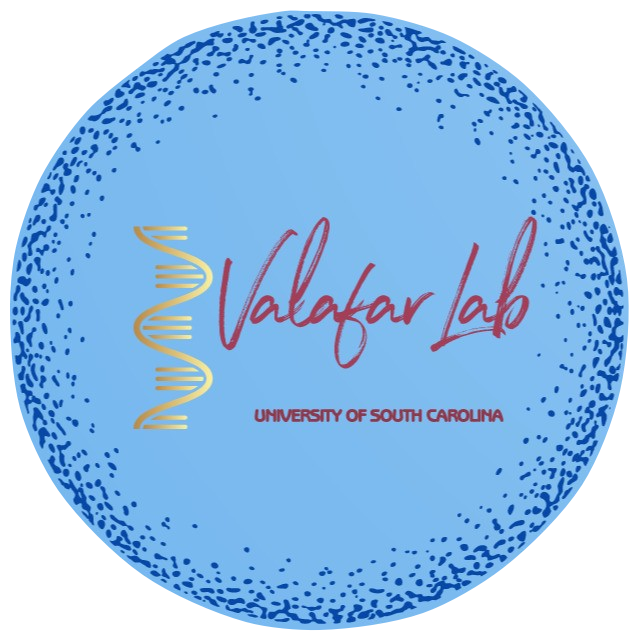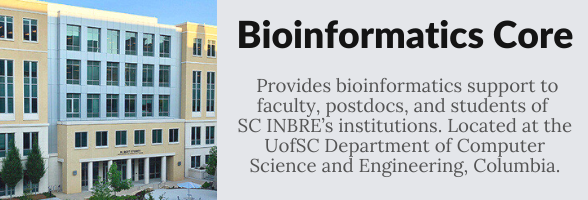About
July 11, 2024


Author: Dr. Hamed Abdollahi
PI: Dr. Homayoun Valafar
About this Site
The intention behind preparing this site is to cover all the topics of the Workshop on Data Analytics in R. This workshop is a 2024 summer course in Bioinformatics and Data Science that can be attended in person at the University of South Carolina in Columbia, SC, or virtually (synchronously). The course is free for all affiliate members of SC INBRE.
Authors

I am a veterinarian and Ph.D. in proteomics with expertise in genomics and proteomics research. My career is dedicated to understanding the intricate molecular mechanisms of highly pathogenic zoonotic disease agents that cross species barriers, causing severe infections in humans and other mammals. I focus on the molecular aspects of host-disease-agent interactions and identifying targets for vaccine and drug development. With over a decade of experience, I have honed my skills in both wet and dry molecular biology techniques, gaining a deep understanding of cell biology, genetic material, and proteins. Utilizing cutting-edge techniques in molecular and computational biology, virology, and genetics, I have made significant strides in my field. Currently, I am a full-time Genomics Postdoctoral Fellow at the University of South Carolina, actively engaged in advanced biomedical research. My work focuses on the intersection of computational biology, high-throughput genomics data analysis, and protein structure and interactions, aiming to advance our understanding of complex biological processes.

Dr. Valafar received his B.S., M.S. and Ph.D. in Electrical and computer engineering from Michigan technological university and Purdue (M.S. & Ph.D.) in 1988, 1990 and 1995 respectively. Following his graduation, he received two post-doctoral fellowship appointments with Drs. Peter Albersheim and James Prestegard in the areas of structure determination of carbohydrates and computational methods of protein structure determination. Before joining USC as an assistant professor he served as the bioinformatics project coordinator at the Southeast Collaboratory for Structural Genomics (SECSG).

Dr. Valafar's research activities fall into two broad categories of research: Computational Medicine and Computational Biology. The computational medicine tier of his research is focused on development of computational modeling of human response to different medical treatments or methods of rehabilitation. Dr. Valafar's group has demonstrated a success in relation to administration of Hydroxyurea for alleviation of symptoms associated with Sickle Cell Anemia. The second tier of his research focuses on the problem of protein folding. The general community of researchers focus on two disjoint and orthogonal approaches to protein structure determination: purely experimental and purely computational approaches. Each of these two approaches possess advantages and disadvantages that results in their continued research and developments and hinders their practical utility. Dr. Valafar's current research (funded by NIH and NSF) is focused on exploration of hybrid approaches that combines minimum experimental data with novel computational approaches. This hybrid approach has been shown to combine the advantages of each contributing components while mitigating their detriments.
Bioinformatics Core
The National Institutes of Health (NIH) established the IDeA Networks of Biomedical Research Excellence (INBRE) to increase research capacity by programmatic expansion and networking of research activities of faculty and students at academic institutions throughout certain targeted states – with South Carolina being one of those states.
SC INBRE is achieving that goal by supporting the career development of faculty and hands-on research training of students at our network institutions through annual workshops for faculty and students focusing on career development, mentoring and other relevant topics, as well as funding opportunities available to any faculty at SC INBRE’s network institutions.
SC INBRE Cycle IV began on September 1, 2020 and includes a statewide network of 14 member institutions, two outreach institutions and two alumni institutions. Member and outreach/alumni institutions incorporate South Carolina’s three Comprehensive Research Universities and 15 of the state’s Primarily Undergraduate Institutions, including three Historically Black Colleges and Universities. SC INBRE is administered at the University of South Carolina School of Medicine Columbia. INBRE IV renewal announcement.
The goal of the SC INBRE Bioinformatics Core is to increase the National Institutes of Health research capacity of the state by providing bioinformatics support to faculty, postdoctoral fellows, graduate students, and undergraduate students of the lead and partner institutions.For more info, contact:
Dr. Homayoun Valafar
University of South Carolina, (803) 777-2404, Email.

